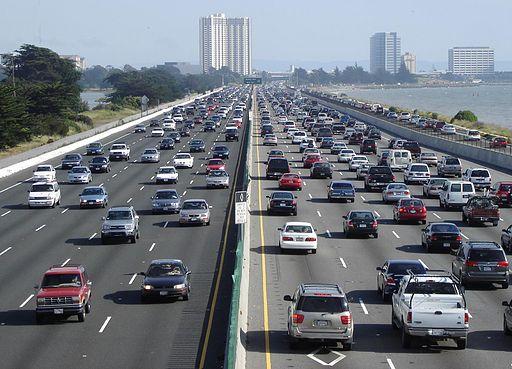Patients with limited financial resources often have difficulties getting to their physician and hospital appointments. The federal regulations for Medicaid require the provision of free or low-cost transportation – Non-Emergency Medical Transportation (NEMT). Several states are asking for exemption from this requirement as part of their Medicaid expansions. The companies involved in the provision of this care have responded with whitepaper demonstrating a return on investment (ROI). Or have they?
The Medical Transportation Access Coalition, whose three founding companies provide NEMT to 38 million beneficiaries across 45 states commissioned the study. Bias aside, it is a deeply flawed study contributing much noise and little signal. It all begins well as they state their hypothesis, “missed medical appointments lead to deviations from clinical guidelines which, in turn, lead to complications and increased expensive medical services, such as hospitalizations.” As a clinician, I believe this is generally true. So they feel that demonstrating cost savings, from the use of NEMT, make their case. Unfortunately, they have no little real data, despite a plethora of numbers and thankfully no p-values.
They looked at three high-frequency uses, transporting patients for dialysis, for wound care and perhaps in a nod to the opioid epidemic, substance abuse programs. They have real data on how many trips a month they provide and the current monthly health care expenditures for those groups. But how do we show savings?
First, the researchers asked patients using these services how frequently they would keep their appointments if NEMT were not available. 58% said they would make none of their appointments, 22% said they would make all of them, the rest were in between – overall these patients would miss about 75% of their necessary care. The sample size for those patient opinions was minuscule, slightly less than 1,000 of those 38 million beneficiaries. But let us take it at face value, less NEMT fewer appointments kept. But how to calculate the cost of those missed appointments?
I have read this paper three times but nowhere is there a source or a calculation for the increased costs associated with missed appointments – they mathmagically appear in a lovely bar chart. From here, calculating what is suspect, even imaginary savings is easy.
Made-up Cost Savings - NEMT's actual cost = Savings
By their calculations, for patients requiring dialysis or wound care, NEMT services by getting patients to their appointments saves money. For those with a substance abuse program, they could demonstrate no savings, and NEMT resulted in a loss! So at least they had enough integrity to include an equally imaginary loss from NEMT. They go on to explain that if they had considered other factors, like relapses or increased productivity or less need for law enforcement, NEMT would have been of value in this case too.
They are not making a helpful argument. This "study" consists of numbers that either are speculative or cannot be verified. I identified the flaws in undercutting their position in a few moments - of course; I read their paper, not just their discussion. They do not present evidence for an honest policy discussion; this is thinly veiled advocacy. And as I said, I am biased towards their argument; I think NEMT has value and shouldn’t be casually eliminated; what will those wishing to eliminate NEMT do with this "evidence?" This just serves as more ammunition in the shouting matches between the sides, casting more shadow than light.
STAT, owned by Boston Globe Media, provided a forum in their “First Opinion” section for this “study,” and it comes with a disclaimer at the end that the Medical Transportation Access Coalition supported the research. But is there a journalistic responsibility to at least look at the information being referenced? I am not a journalist, so I do not know the answer. But as a reader, it makes me disappointed in those who wish to moderate our discourse.
Sources: Curtailing Medicaid’s transportation benefit is ‘penny-wise and pound-foolish’ STAT
The whitepaper can be found here.



